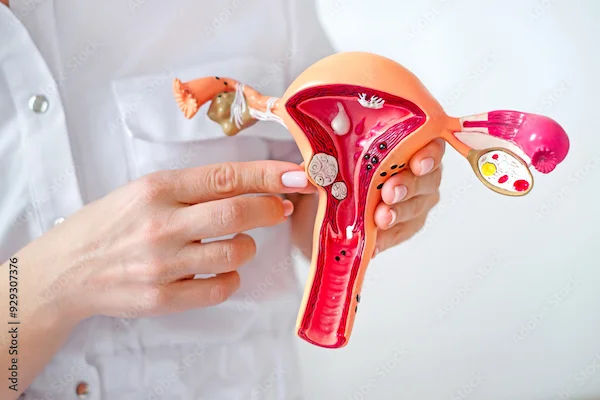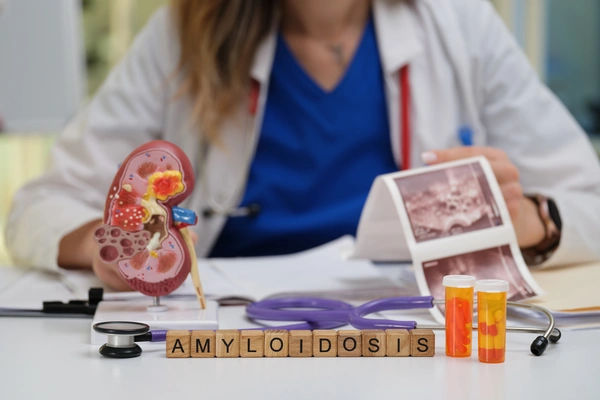Role Of Technology In Modern Healthcare
Explore the vital role of technology in modern healthcare. Discover how digital tools, AI, and telemedicine are transforming patient care, improving diagnostics, and making healthcare more efficient and accessible.


Introduction
Technology has transformed nearly every aspect of our lives, and healthcare is no exception. From faster diagnoses to remote consultations, modern technology is making healthcare more efficient, accessible, and patient-friendly. If you’ve ever wondered how innovations like artificial intelligence (AI), telemedicine, or wearable devices are changing healthcare, this article will help you understand their impact in simple terms.
How Technology is Improving Healthcare?
Here’s how technology is improving healthcare:
1. Faster and More Accurate Diagnoses
In the past, diagnosing diseases often required multiple tests and long waiting periods. Today, advanced imaging technologies like MRI, CT scans, and digital X-rays provide clearer and quicker results. AI-powered tools can analyse medical images with high accuracy, helping doctors detect conditions like cancer, heart disease, or fractures much earlier.
2. Telemedicine: Healthcare at Your Fingertips
Telemedicine allows patients to consult doctors remotely via video calls, phone calls, or chat. This is especially helpful for:
People in rural or remote areas with limited access to hospitals.
Elderly or mobility-challenged patients who find it difficult to travel.
Quick follow-ups without the need for in-person visits.
Platforms like Apollo 24|7 make it easy to book online consultations with specialists from the comfort of your home.
3. Wearable Health Devices
Smartwatches and fitness trackers (like Fitbit or Apple Watch) monitor vital signs such as:
Heart rate
Blood oxygen levels
Sleep patterns
Physical activity
These devices help people track their health in real-time and alert them (and their doctors) if something seems abnormal. For example, irregular heartbeats can be detected early, preventing serious complications.
Health Topic Carousel:
Doctor Speciality: General Physician
Text: Consult Top Specialists
4. Electronic Health Records (EHRs)
Gone are the days of paper files that could get lost or damaged. Electronic Health Records (EHRs) store patient history digitally, making it easier for doctors to:
Access medical records instantly.
Share information securely with other specialists.
Reduce errors in prescriptions and treatments.
This ensures faster, safer, and more coordinated care.
5. Robotic Surgery and Precision Medicine
Robotic-assisted surgery allows doctors to perform complex procedures with greater precision, smaller incisions, and faster recovery times. Meanwhile, precision medicine uses genetic testing to customise treatments based on a patient’s DNA, leading to more effective therapies with fewer side effects.
6. AI and Machine Learning in Healthcare
AI helps in:
Predicting disease outbreaks (like flu or COVID-19 trends).
Assisting in drug development.
Personalising treatment plans based on patient data.
For example, AI chatbots can provide instant medical advice for minor symptoms, reducing unnecessary hospital visits.
How Patients Can Benefit from Healthcare Technology?
1. Easier Access to Specialists
With telemedicine, you don’t need to travel long distances to see a specialist. Platforms like Apollo 24|7 allow you to connect with expert doctors in seconds.
2. Better Monitoring of Chronic Conditions
Patients with diabetes, hypertension, or heart disease can use smart glucometers, blood pressure monitors, and ECG devices to track their health and share reports with doctors in real-time.
3. Reduced Waiting Times
Online appointment booking, digital prescriptions, and e-consultations save time and reduce hospital crowding.
4. Health Awareness and Prevention
Mobile apps provide:
Diet and exercise plans.
Medication reminders.
Mental health support (like meditation and therapy apps).
Tips for Using Healthcare Technology Wisely
Here are some tips to use technology wisely in healthcare:
1. Choose Reliable Apps & Devices: Use only government-approved or doctor-recommended health apps and wearables.
2. Protect Your Data: Ensure any platform you use complies with data privacy laws (like HIPAA in the US or India’s Digital Personal Data Protection Act).
3. Combine Tech with Doctor’s Advice: While technology is helpful, always consult a doctor before making health decisions based on app readings.
4. Stay Updated: New healthcare technologies emerge frequently, so keep an eye on trusted sources for the latest advancements.
When to See a Doctor?
While technology makes healthcare more convenient, it does not replace doctors. If you experience:
Severe pain
Unexplained weight loss
Persistent fever
Chest pain or breathing difficulties
Seek immediate medical help instead of relying solely on apps or online consultations.
How Apollo 24|7 Can Help?
If you want to:
Book a video consultation with top doctors
Order diagnostic tests from home
Get digital prescriptions and health records
Conclusion
Technology is revolutionising healthcare, making it faster, smarter, and more patient-centric. From AI-driven diagnostics to wearable health monitors, these innovations empower patients to take control of their well-being. However, always use technology as a support tool alongside professional medical advice for the best outcomes.
Health Topic Carousel:
Doctor Speciality: General Physician
Text: Consult Top Specialists




